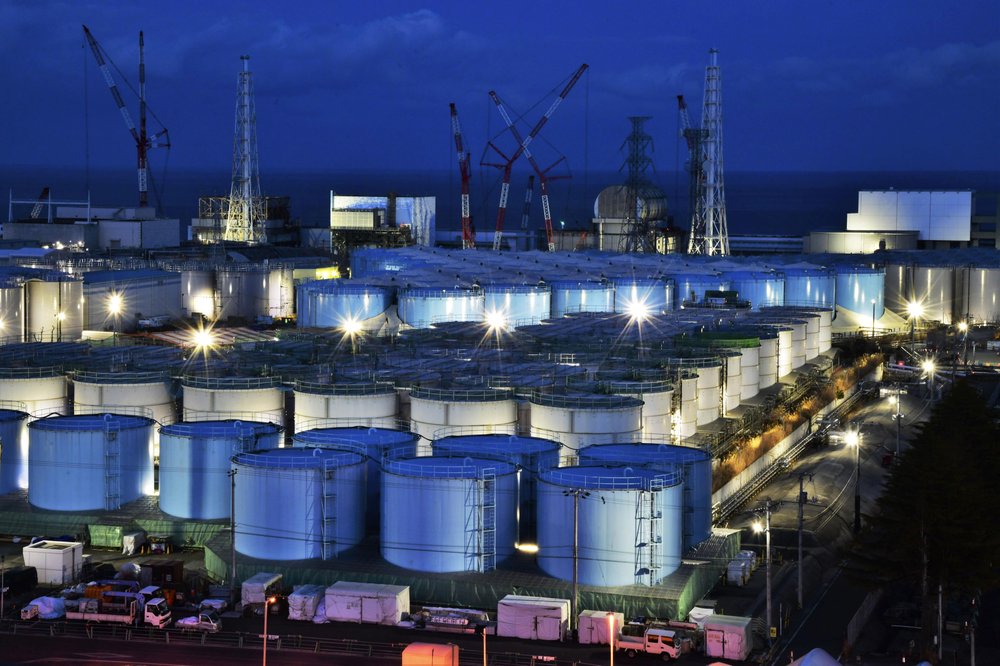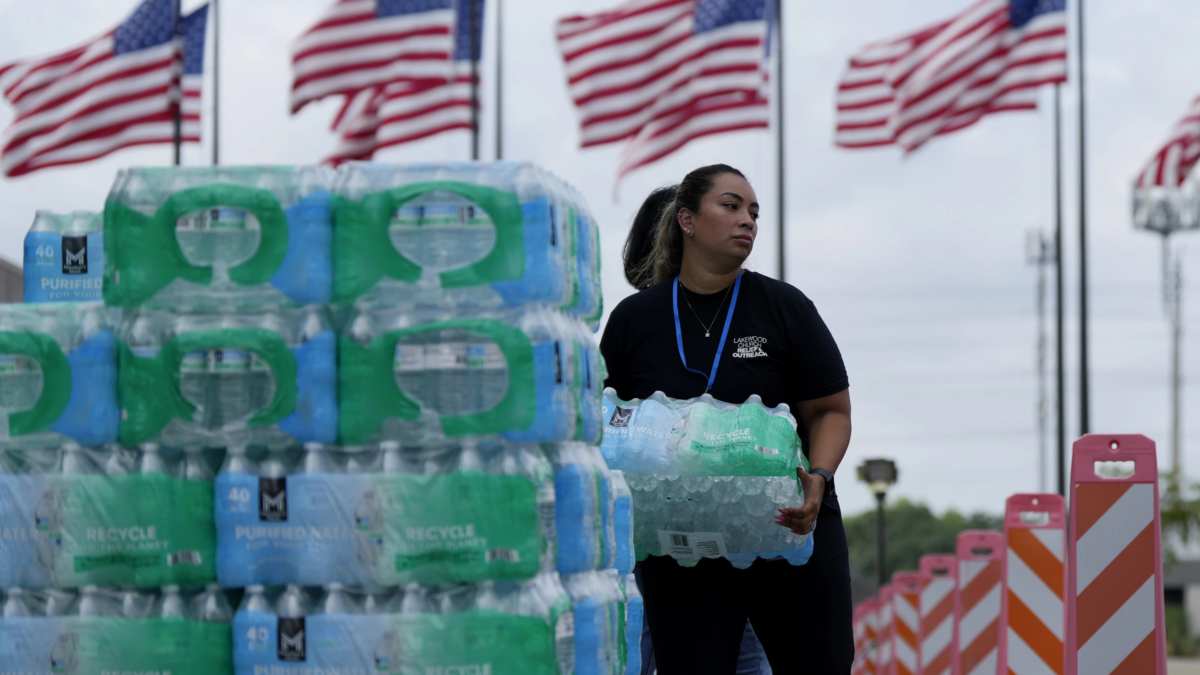Fukushima nuclear plant will soon run out of space for radioactive water – 1.37 million ton limit will be reached in the summer of 2022

By Mari Yamaguchi
8 August 2019
TOKYO (AP) – The utility company operating Fukushima’s tsunami-devastated nuclear power plant said Friday it will run out of space to store massive amounts of contaminated water in three years, adding pressure on the government and the public to reach a consensus on what to do with it.
Three reactors at the Fukushima Dai-ichi plant suffered meltdowns in a massive 2011 earthquake and tsunami that devastated northeastern Japan.
Radioactive water has leaked from the damaged reactors and mixed with groundwater and rainwater at the plant. The water is treated but remains slightly radioactive and is stored in large tanks.
The plant has accumulated more than 1 million tons of water in nearly 1,000 tanks. Its operator, Tokyo Electric Power Co., says it plans to build more tanks but can accommodate only up to 1.37 million tons, which it will reach in the summer of 2022.
What to do after that is a big question.
Nearly 8 1/2 years since the accident, officials have yet to agree on what to do with the radioactive water. A government-commissioned panel has picked five alternatives, including the controlled release of the water into the Pacific Ocean, which nuclear experts, including members of the International Atomic Energy Agency, say is the only realistic option. Fishermen and residents, however, strongly oppose the proposal, saying the release would be suicide for Fukushima’s fishing and agriculture. […]
Some experts, however, said the priority should be the feelings of the residents, not the progress of decommissioning.
“When we talk about Fukushima’s reconstruction, the question is if we should prioritize the decommissioning at the expense of Fukushima people’s lives,” said Naoya Sekiya, a University of Tokyo professor of disaster social science. “The issue is not just about science.” [more]


